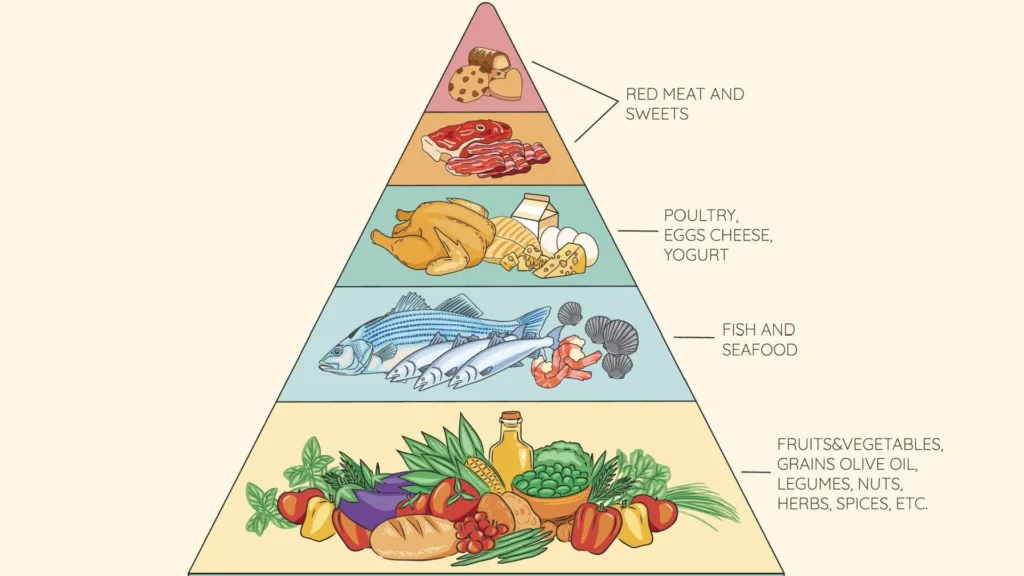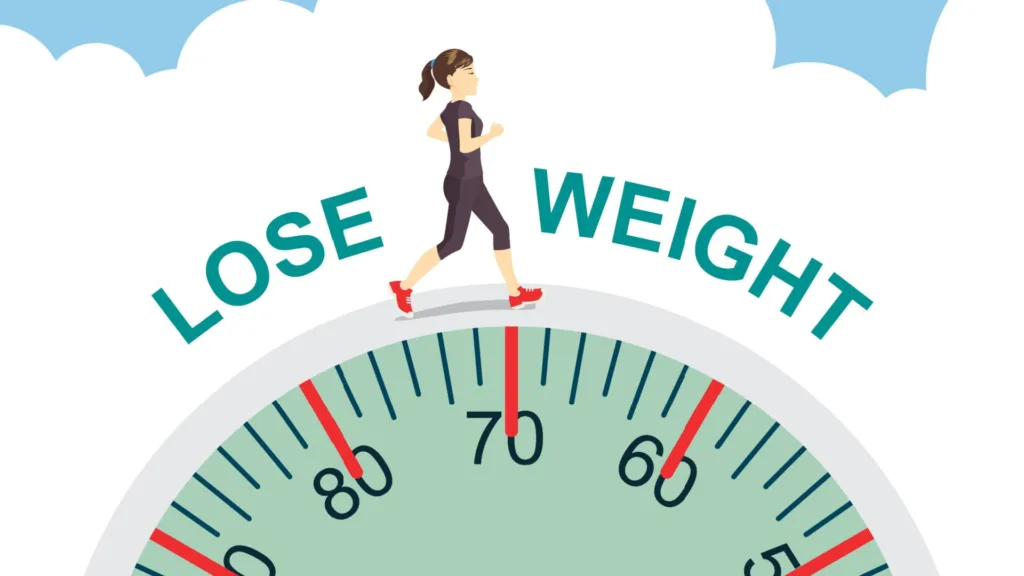Categories
Hot Insights
See All-

5+ Breathing Exercises for Beginners to Relieve Stress and Improve Concentration
What is breathing therapy? Breathing therapy is a physical form of therapy that is used to bring the body and mind to a state of calm by harnessing the power of different breathing patterns. When you feel stressed you might notice that your breathing feels shallow, comes faster, or is restricted. By being aware of […]
-

How To Destress Yourself: Quick Tricks, Exercises, and More
How to know if you’re stressed: Symptoms of stress Because of the fast pace of modern life, you might not even know that you are stressed. If you’ve adapted and become used to 21st-century online, on-the-go living, then you might be unfamiliar with how stress manifests for you. As mentioned earlier, stress affects every part […]
-

What Are The Causes of Stress? Ways To Manage It
Signs and symptoms of stress In our modern world, stress seems to be an inevitable part of life. Yet, understanding when we’re stressed and recognizing the signs can be the key to managing it effectively. If you’re wondering, “How can I tell if I’m stressed?” or “What are the physical and emotional signs of stress?” […]
-

What Causes Heart Palpitations at Night? Risks and More
Heart palpitations at night: Why does my heart race when I lay down? Palpitation occurs when your heart beats too fast or too hard, flutters, or when you feel that your heart skipped a beat. Many people express these symptoms as bothersome or frightening, especially at night when they wake up with a pounding, racing heart. […]
-

What Foods Give You Heartburn? Foods to Relieve Heartburn
What foods give you heartburn? 14 foods to watch out You might have been consuming heartburn-triggering foods daily for months or even years, unaware that they’re worsening your heartburn. Avoiding these foods might take some effort and focus at first, but the payoff is worth it. But firstly, what exactly is heartburn, and why should […]
Video Series
See All-

How To Get Pregnant Faster: Tips To Help You Conceive
-

Tired of Diet Trends? Try the Timeless Food Pyramid
-

Breast Cancer Awareness: Knowing the Signs Could Save Your Life
-

Easiest Way To Lose Weight: 12 Simple Tricks Unveiled
-

6 Best Fermented Foods and Their Benefits
-

Gaslighting Signs: Trust Your Instincts, Safeguard Yourself
-

Intermittent Fasting: Lose Weight Without Counting Calories
-

Creamy Swaps: Healthy and Delicious Substitutes for Heavy Cream
-

Ward off Inflammation: Transform Your Health With Diet Choices
Advisory Board
Learn more-

Anh Cao, M.Sc., Ph.D Candidate
Ph.D Candidate in Immunology Immune Cells, Innate Immune CellsAnh Cao is a Ph.D. candidate in immunology at Harvard University. He obtained his M.Sc. Degree in immunology at University of Toronto. For the last 8 years, his research has focused on a wide range of immune cells, including B cells, T cells, and innate immune cells. His publications have been featured in high-profile journals such as Cell and Nature which have been cited over 200 times.
-

William Davis, MD
Cardiologist Director of Biotechnologies, Northern Medical Center, NYDr. William Davis is a cardiologist and New York Times #1 bestselling author of the Wheat Belly book series. He is Medical Director and founder of the Undoctored program including the Undoctored Inner Circle. He is Chief Medical Officer and co-founder of Realize Therapeutics Corp. that is developing innovative solutions for the disrupted human microbiome and author of the book Super Gut.
-

Sheridan Genrich, CGP, NP
Clinical Nutritionist, Naturopath & IridologistSheridan is a degree-qualified clinical nutritionist, naturopath & health coach who specializes in mood & digestive disorders, particularly food-related sensitivities. A certified FitGenes practitioner (nutrigenomics - interpretation of how personalised nutrition & lifestyle interventions impact genes). Also trained in Vitae Mosaic, naturopathic functional medicine. Through comprehensive anlaysis of the symptoms, timeline health history, iris assessment and functional lab results (among other tests), she can piece together the root cause of the problem, so you can gain control over your health & live with your true potential. Her local & online practice is grounded in cutting edge research on gut-brain nutritional science. Since completing a health science degree in complimentary medicine 8yrs ago, Sheridan has continued to deepen her research & use of bio-individual nutrition, herbs and the latest in functional medicine testing. This has seen significant improvements in the quality of life for her clients. Even those with long-standing chronic conditions experience rapid relief, when the biochemical imbalances or 'triggers of dysfunction' are corrected. She is a co-author on mental health of the Amazon best selling book: "Rapid Change: For Busy Heart Centered Women Who Want To Be The Best Version of Themselves"
-

Preet Pal Singh Bhinder, MD
MD and FID (Fellowship in Diabetes, Royal Liverpool Academy) Diabetes SpecialistPreet Pal Singh Bhinder is a physician (M.D. Medicine) with specialization in diabetes (Fellowship in diabetes, Royal Liverpool Academy). He has a particular interest in metabolic disorders.
-

Amy Rogers, MD MPH FACPM
American Board of Preventive Medicine, Board certified in Aerospace Medicine, Occupational Medicine and General Preventive Medicine and Public Health. Preventive Medicine, Public Health, Lifestyle Medicine, Pandemic Response, Global HealthDr. Amy Rogers is a triple board certified physician by the American Board of Preventive Medicine in Aerospace, Occupational and Preventive Medicine, with two Masters in Public Health degrees. Dr. Rogers served her country dutiful for 11 year as doctor for The United States Navy, providing support in outbreak investigations, pandemic planning, global health education, and aerospace medicine. As a Navy Global Health Specialist she provided education to multiple partner countries public health medical teams across multiple continents. For the past three years, as the COVID-19 lead for Naval Forces Europe and Naval Forces Africa, she oversaw the U.S. Navy medical and logistical response across two continents and 7 medical facilities. During Preventive Medicine residency at the Uniformed Services University, she focused on Women’s Health providing award winning research on the impacts of pregnancy on physical fitness, and helping develop a curriculum in Women’s Health and Preventive Medicine. She was selected to the prestigious Delta Omega Preventive Medicine Honor Society and was co-chief resident. She also completed the American College of Lifestyle Medicine Lifestyle Core Competency Course, and earned a graduate certificate in Global Health and Development from Uniformed Services University. She is also a Fellow of the American College of Preventive Medicine. Dr. Rogers continues to see patients for the United States Navy Reserves and as a primary care provider. She is using her background in agriculture and global health to explore how different cultures, with focus on farming, natural remedies and food, impact a populations health and approach to disease management. In her free time, she is building her own farm in Vermont that will explore the medicinal properties of plants and the natural environment she was exposed to as she explored other cultures during her world travels.
-

Yu-Hsin Liang, MD
ECFMG Certification, Medical Licensure in Taiwan, Clinical Training at National Taiwan University Hospital Graduate Student in Harvard T.H. Chan School of Public HealthYu-Hsin Liang is currently a current graduate student at the Harvard T.H. Chan School of Public Health. He received his medical education at the National Taiwan University (NTU) College of Medicine, during which he co-developed a hospital-granted surgical model and a winning integrative web model of machine learning and electronic medical records. Yu-Hsin Liang obtained his physician license in Taiwan in 2022.
-

Jordan Stachel, MS, RDN
NutritionistJordan is most fulfilled when guiding others towards making stepwise, sustainable changes that add up to big results over time. Jordan works with a wide variety of individuals, ranging in age from children to the elderly, with an assortment of concerns and clinical conditions. She helps individuals optimize overall health and/or manage disease states using personalized medical nutrition therapy techniques. It can be difficult for individuals to navigate health conditions and to discern between nutrition information that is both credible and accurate, versus misinformation and conflicting guidance. As an expert in the field, Jordan finds great fulfillment in filling this gap by providing detailed clarification and explanation by leading the discussion surrounding nutrition and wellness. Jordan looks forward to continuing to help others achieve the healthiest version of themselves, improve longevity, and be a dependable source and voice within the field of nutrition and dietetics.
-

Chain-Ruei Huang, RD
Nutritionist Eating-related behavior therapy, preventative nutrition, public health nutritionChian-Ruei Huang is a compassionate and dedicated Registered Dietitian Nutritionist with a wealth of experience in eating-related behavior therapy, preventative nutrition, public health nutrition, and disease nutrition. As a strong believer in the power of food and its role in the human life cycle, Chian-Ruei understands the importance of nurturing a healthy relationship with food and promoting well-being at every stage of life. Driven by her passion for holistic health, Chian-Ruei has integrated her yoga training into her clinical nutrition counseling, fostering greater understanding, communication, and empathy with her patients. This transformative practice has allowed her to connect more deeply with her patients, guiding them on their journeys towards healthier lifestyles. Throughout her career, Chian-Ruei has worked in various roles such as weight-loss nutritionist, long term care dietician, and nutrition advisor for multiple health-related brands. Her diverse experiences have provided her with the skills and knowledge needed to address a wide range of nutritional issues and collaborate with multidisciplinary teams effectively. In addition to her work as a Registered Dietitian Nutritionist, Chian-Ruei is dedicated to sharing her expertise and perspective through media channels, aiming to benefit a broader audience and inspire others to embrace the essence of life through food and yoga. With her unwavering passion for holistic health and commitment to improving lives, Chian-Ruei Huang is an advocate for the integration of nutrition and wellness in everyday life.
-

Komal Gilani, MBBS
General Medical Practitioner Pakistan Medical & Dental Council (PMDC)Dr. Komal Gilani is a licensed general medical practitioner in Pakistan with a Bachelor of Medicine & Bachelor of Surgery (MBBS) degree. Her research-oriented approach to clinical queries defines her take on health. Presently, she is actively engaged in multiple studies aiming to improve healthcare through her work.
